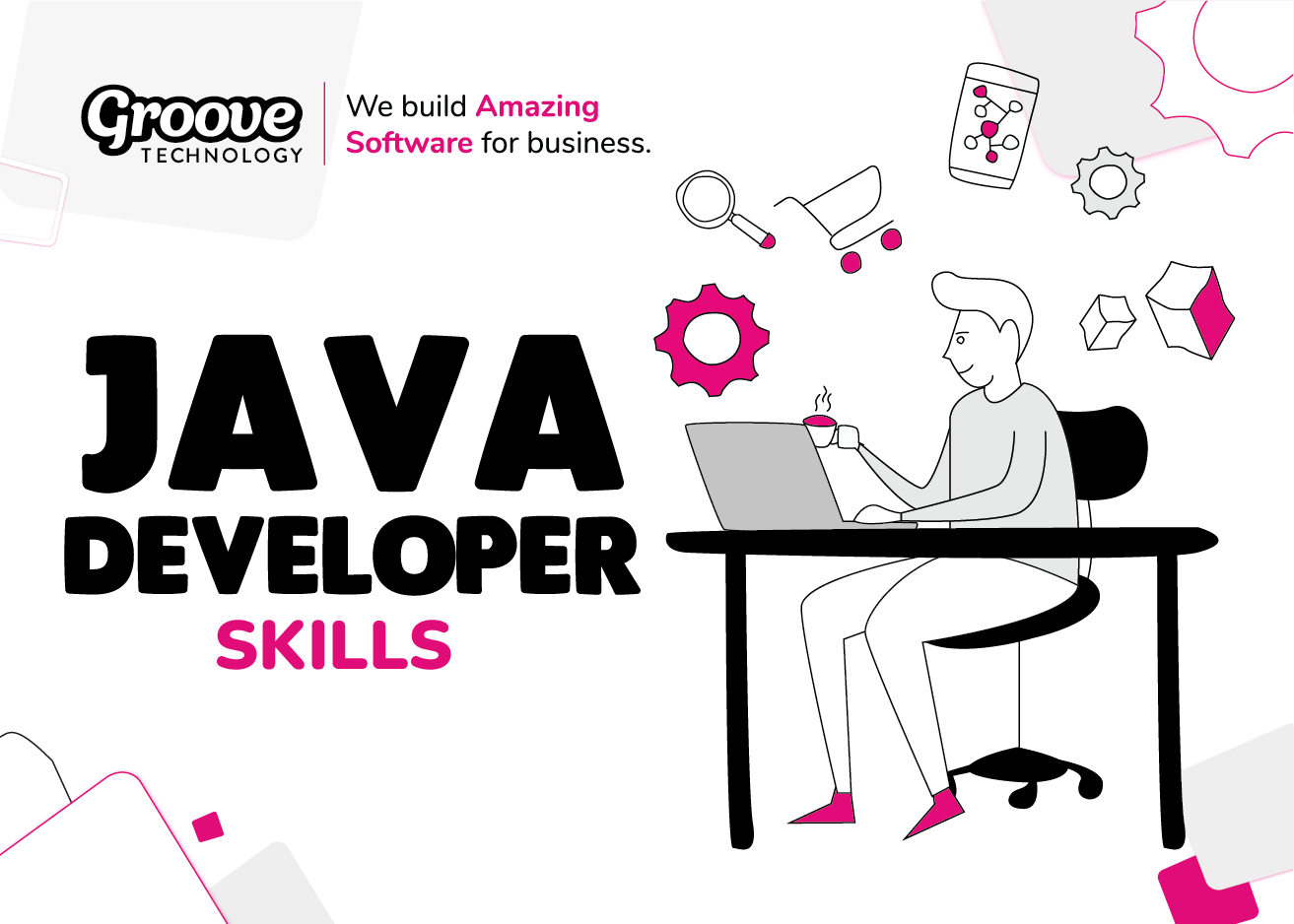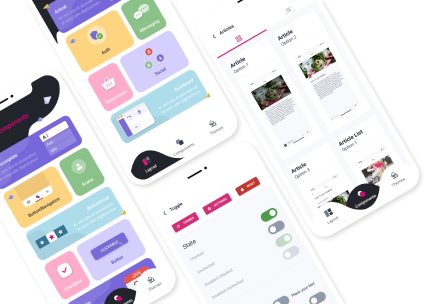What is the Best Programming Language to Develop Android Apps?
5 min readAndroid app development has become a popular field in recent years, with the increasing demand for mobile applications. Aspiring developers often wonder what programming language they should learn to embark on this exciting journey. In this article, we will explore the best programming languages for developing Android apps and provide insights to help you make an informed decision. So, let's dive in!
Java: The Traditional Powerhouse
Java has been the primary programming language for Android app development for many years. Its robustness, vast community support, and compatibility with different devices make it a reliable choice. Java utilizes the Android Software Development Kit (SDK), which provides essential tools and libraries specifically designed for Android application development.
With Java, you can create versatile and feature-rich apps that run smoothly on a variety of Android devices. Its object-oriented nature, extensive documentation, and familiarity among developers make it relatively easy to learn and master. Moreover, numerous online resources, tutorials, and communities dedicated to Java Android development further enhance its accessibility.

Kotlin: The Rising Star
In recent years, Kotlin has gained significant traction as an alternative language for Android app development. Developed by JetBrains, Kotlin offers modern features, improved safety, and enhanced productivity compared to Java. It seamlessly integrates with existing Java code, making it convenient for developers to migrate their projects gradually.
Kotlin's concise syntax, null safety, and functional programming capabilities contribute to writing cleaner and more maintainable code. It also reduces boilerplate code, resulting in faster development cycles. Furthermore, Google announced official support for Kotlin, solidifying its position as a top choice for Android app development.
C#: A Potential Contender
While Java and Kotlin dominate the Android app development landscape, C# has emerged as a viable option, especially for developers familiar with Microsoft technologies. With the advent of Xamarin, a popular cross-platform app development framework, C# gained recognition as a language that allows building Android apps alongside iOS and Windows apps using shared code.
C# offers a robust and expressive programming model, enabling developers to create high-performance and visually appealing applications. Xamarin.Android leverages the power of C# and .NET to build native Android apps, providing access to a wide range of libraries and APIs. If you have a background in C# or an interest in cross-platform development, exploring C# for Android app development could be a fruitful endeavor.
Flutter: A Cross-Platform Delight
For those seeking a truly cross-platform solution, Flutter deserves special mention. Flutter, developed by Google, employs the Dart programming language to build natively compiled applications for Android, iOS, web, and desktop platforms from a single codebase. This approach enables code reuse and accelerates development cycles.
Dart's simplicity, reactive framework, and hot reload feature make it an excellent choice for rapid prototyping and iterative development. Flutter's rich widget library facilitates the creation of beautiful and performant user interfaces, ensuring a delightful user experience across devices. As Flutter gains popularity, its community-driven growth provides extensive resources and support for developers.
React Native: Web Developers' Haven
For web developers looking to venture into Android app development, React Native emerges as a favorable option. Powered by JavaScript, React Native allows building native mobile applications using a familiar language and ecosystem. By leveraging React principles, developers can create highly interactive and responsive UIs with ease.
React Native combines the efficiency of a single codebase with near-native performance, making it an attractive choice for cross-platform development. Its component-based architecture promotes reusability and simplifies maintenance. With a vast open-source community and an abundance of available libraries and plugins, React Native offers a smooth learning curve for web developers transitioning to mobile development.

Conclusion
Choosing the best programming language for Android app development depends on various factors, including your background, project requirements, and personal preferences. Java remains a solid choice, backed by its extensive ecosystem and reliability. Kotlin's rise in popularity showcases its potential to replace Java gradually. C# and Flutter offer viable alternatives for cross-platform development, while React Native appeals to web developers seeking a familiar environment.
Ultimately, it is crucial to consider the specific goals of your Android app projects and evaluate which language aligns best with your needs. Whether you prefer the traditional power of Java, modern elegance of Kotlin, versatility of C#, flexibility of Flutter, or familiarity of React Native, each option brings unique strengths to the table. Embrace the language that resonates with you and embark on your Android app development journey today!
FAQs
Q1: What is the primary programming language used to develop Android apps? The primary programming language used to develop Android apps is Java. Its robustness, vast community support, and compatibility have made it a reliable choice for years.
Q2: Which language should I learn for Android app development? If you are starting from scratchand have no specific background or preference, learning Java would be an excellent choice. It has a comprehensive ecosystem, extensive documentation, and numerous online resources to support your learning journey.
Q3: What is the best programming language for Android app development? Determining the “best” programming language for Android app development depends on various factors. Java remains a solid choice due to its long-standing dominance and community support. However, Kotlin has gained popularity for its modern features and improved productivity. Other options like C#, Flutter, and React Native offer unique advantages depending on your requirements and skillset.
Q4: Can I use a different programming language for Android app development? While Java and Kotlin are the primary languages used for native Android app development, it's not limited to these options. Cross-platform frameworks like Xamarin (with C#), Flutter (with Dart), and React Native (with JavaScript) allow you to utilize other languages for developing Android apps while targeting multiple platforms simultaneously.
Q5: Which language is easier to learn for Android app development, Java, or Kotlin? Both Java and Kotlin have their merits when it comes to ease of learning. Java has been around longer, making it more familiar and well-documented. Kotlin, on the other hand, offers a more modern and concise syntax with enhanced safety features. The choice between the two ultimately depends on your personal preferences and the specific requirements of your project.
In conclusion, choosing the best programming language for Android app development involves considering various factors such as your background, project requirements, and personal preferences. Java, with its reliability and extensive ecosystem, remains a solid choice. However, Kotlin's rise in popularity indicates its potential to replace Java gradually. Additionally, alternatives like C#, Flutter, and React Native offer viable options for cross-platform development and cater to different developer backgrounds. Assess your goals and needs, explore the available options, and select the programming language that aligns best with your aspirations in the exciting world of Android app development.









